| HUGE thanks to Littlewoods Ireland's Blog Awards 2016 for nominating 'The Verdant Yank' to their Longlist for consideration as one of the best of Ireland's blogs! The blog has made the cut in both 'Current Affairs & Politics' and 'Education & Science' categories, proving once again how environment stands at the interface of multiple topics (one of the many reasons I love writing about it!). |
Here's hoping for a positive outcome because (in my humble, unbiased opinion) we need a lot more awareness of environmental issues in Ireland and no better way for this Irish-American Verdant Yank to help achieve that than with a seal of approval from the Irish Blog Awards!
Find out more about the Irish Blog Awards here.
Fingers and toes crossed until September!
-Cara
PS. Congratulations to fellow blogger and my amazing friend, Melanie Clark Pullen, for nomination of her blog and podcast 'Strut and Bellow' in the 'Arts and Culture' category. One to watch, people!

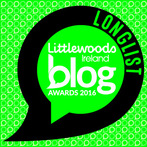

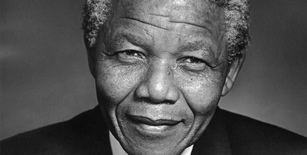
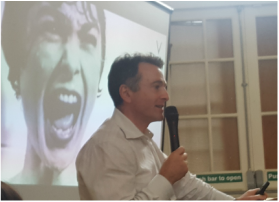

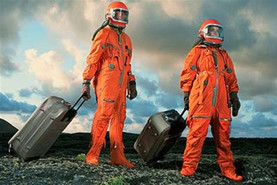
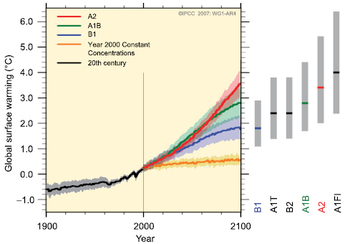
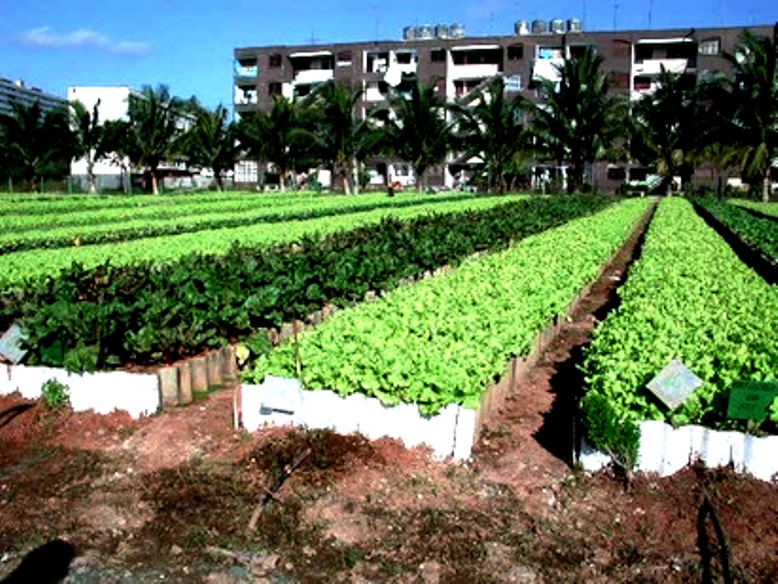
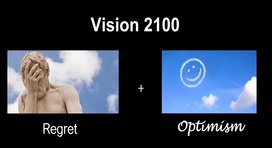
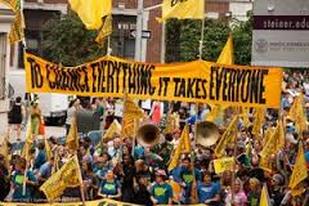
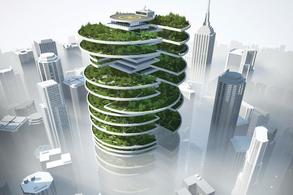
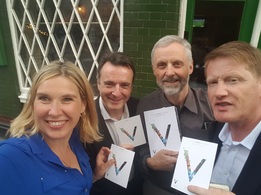
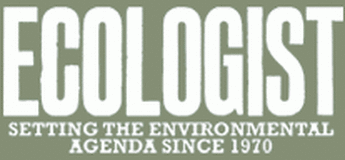

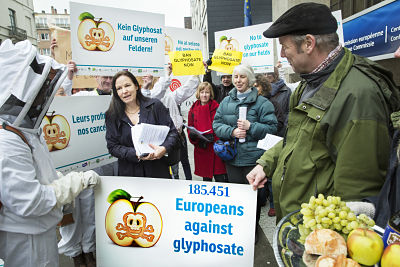

 RSS Feed
RSS Feed
